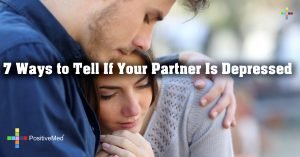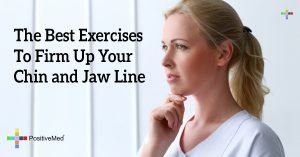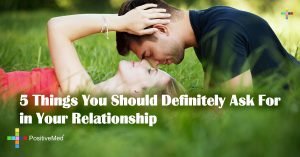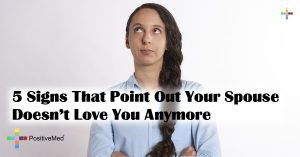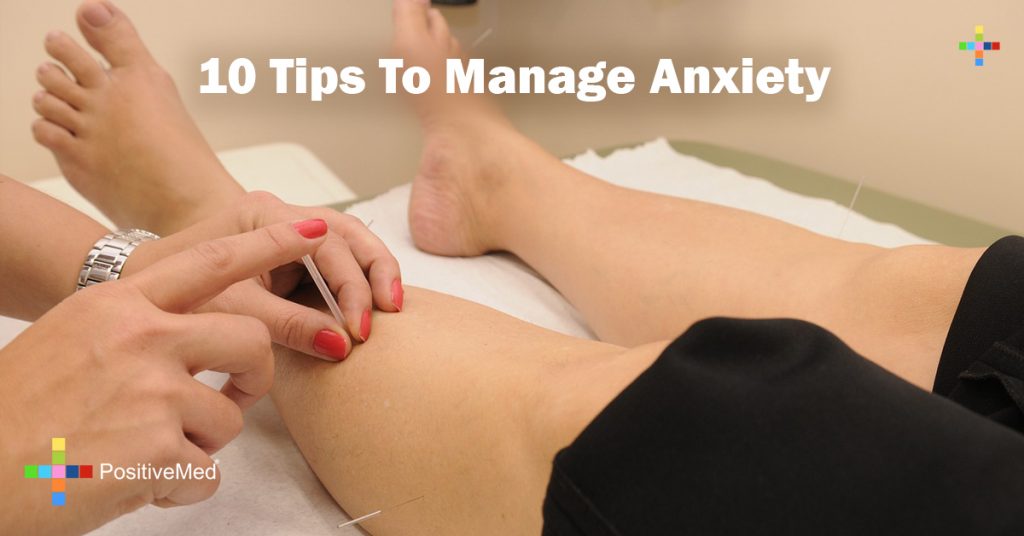
10 Tips To Manage Anxiety
The National Institute of Mental Health defines anxiety as “a normal reaction to stress, which can be beneficial in some situations, but for some people anxiety can become excessive” (NIMH. 2014). Anxiety is the most common mental disorder in the United States resulting in an inability to concentrate as well as a reduction in quality of life and decreased productivity. Data suggests that the cause of anxiety is multifactorial can be influenced by genetics, traumatic and developmental events, environmental issues, medical conditions and hormonal implications such as premenstrual syndrome or thyroid disorders.

Although there are different types of anxiety, common symptoms include feelings of inner turmoil, dread, worry, and malaise about a possible future event and even daily situations. A recent study on registered nurses revealed that even though they recommended holistic approaches to unite body, mind and spirit and manage anxiety for their patients, “the nursing staff neglected poor health-promoting behaviors that address their own anxiety” (McElligott, et al. 2010).
Researchers at the Mayo Clinic, a nonprofit worldwide leader in medical care, research and education, and The American Holistic Health Association (AHHA), established to encourage healthcare physicians and practitioners to incorporate holistic principles into their practices, suggest a number of alternative therapies and healthful options to manage anxiety.
• Acupuncture
o Based on traditional Chinese medicine, anxiety is the result of energy imbalances in the body, and Acupuncture brings the energy back into balance, reduces stress hormones and improves circulation. Many experience immediate relief after one session.
• Aerobic Exercise
o Physical activity boosts immunity, increases self-esteem and vitality while it compliments and accentuates the mind body connection, but it is important to start out slowly and recognize limitations.
• Avoid Alcohol and Smoking
o Excessive alcohol consumption and smoking are detrimental to health and influence anxiety levels.
• Create, Explore and Play
o Participate in an art class or an on line course, play a sport or a game, learn to play a musical instrument, or sing.
• Get back to Nature
o Natural settings are healing. Even five minutes sitting by a lake or in the woods promotes calm and relieves anxiety.
• Herbal Therapy
o A number of herbs have sedative properties but with few side effects. Kava, Valerian root, Passionflower, Chamomile, Hops, and St. John’s Wort are available as teas, tinctures or supplements.
• Meditate, Yoga, Tai Chi, Qigong, Prayer
o Participate in guided relaxation or classes that connect the body to the mind and spirit through deep breathing, stretching, heightened awareness and visualization, which enhance the ability to focus on managing anxiety.
• Nutrition
o A diet rich in fruits, vegetables and healthy grains and low in sugar, saturated and trans fats encourages other healthy habits, weight loss, and increases overall health.
• Prioritize and Organize
o Life is hectic in spite of technological time saving devices that seem to exacerbate anxiety. Set healthy limits, tackle one thing at a time, and nothing is permanent.
• Recognize the warning signs and signals
o Understanding and avoiding the triggers of anxiety helps mitigate the symptoms such as changes in breathing, increased heart rate or difficulty swallowing.
